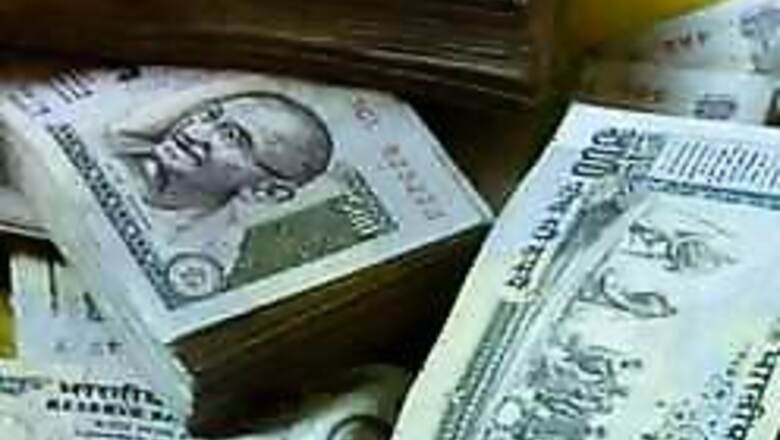
views
New Delhi: A whopping 96 per cent Indian households cannot survive beyond a year in case they lose their sources of income and very few households invest in savings, said a survey released Wednesday evening.
"It is high time we must encourage savings among the people. We must encourage contractual savings in the form of provident funds or any other such modes," said Planning Commission deputy chairman Montek Singh Ahluwalia here.
Ahluwalia released the survey titled 'How India Earns, Spends and Saves' by Max New York and the National Council of Applied Economic Research (NCAER), a New Delhi-based research organisation.
"Insurance is the vehicle of savings," he said, in reference to the survey finding that only 24 per cent of households covered had a life insurance policy.
The survey says Indian households keep 65 per cent of their savings in liquid assets like bank or post office deposits and cash at home, invest 23 per cent in physical investments like real estate and gold and only 12 percent in financial instruments.
"Ninety-six percent of the households cannot survive beyond a year on their current savings in case of loss of income due to some eventuality such as death or disability of the chief earner. Yet a majority expressed confidence in their financial well-being," said Analjit Singh, chairman, Max India.
The survey found that though 78 per cent of the households are aware of life insurance, only 24 per cent households own a life insurance policy. The ownership is 38 per cent among urban households but a low 19 per cent among rural households.
The survey covered 342 towns and almost 2,000 villages across 250 districts and 2,255 wards. The sample size included 63,016 households, equally divided between rural and urban areas.
"Indian households have a strong saving habit. While income level is an important factor in influencing the saving patterns of households, variations in savings behaviour are equally decided by education level and occupation," said Suman Bery, director-general, NCAER.

















Comments
0 comment